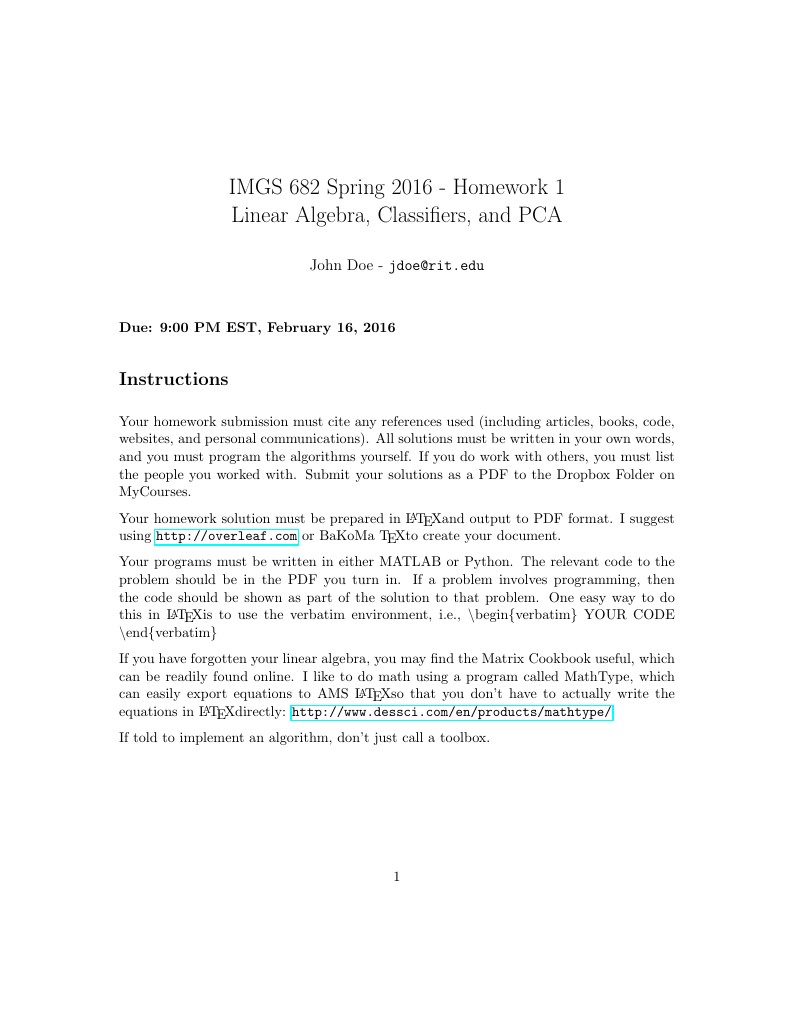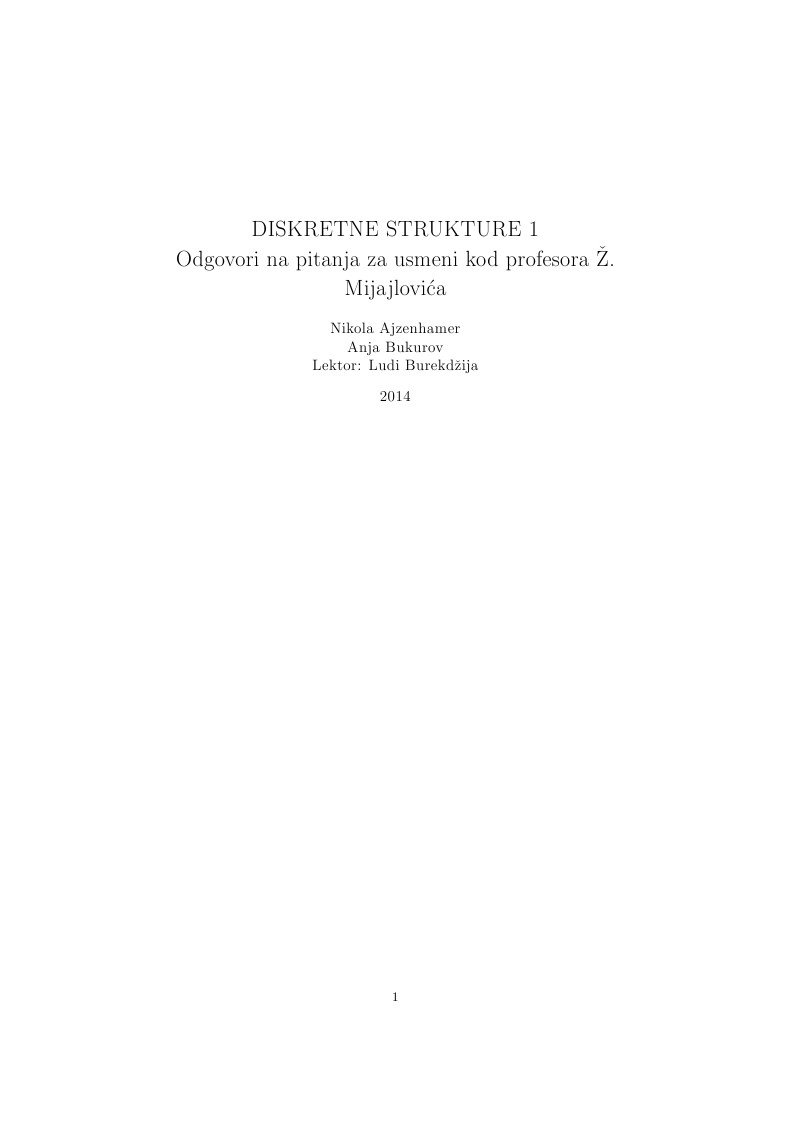overleaf template galleryCommunity articles — Recent
Papers, presentations, reports and more, written in LaTeX and published by our community.
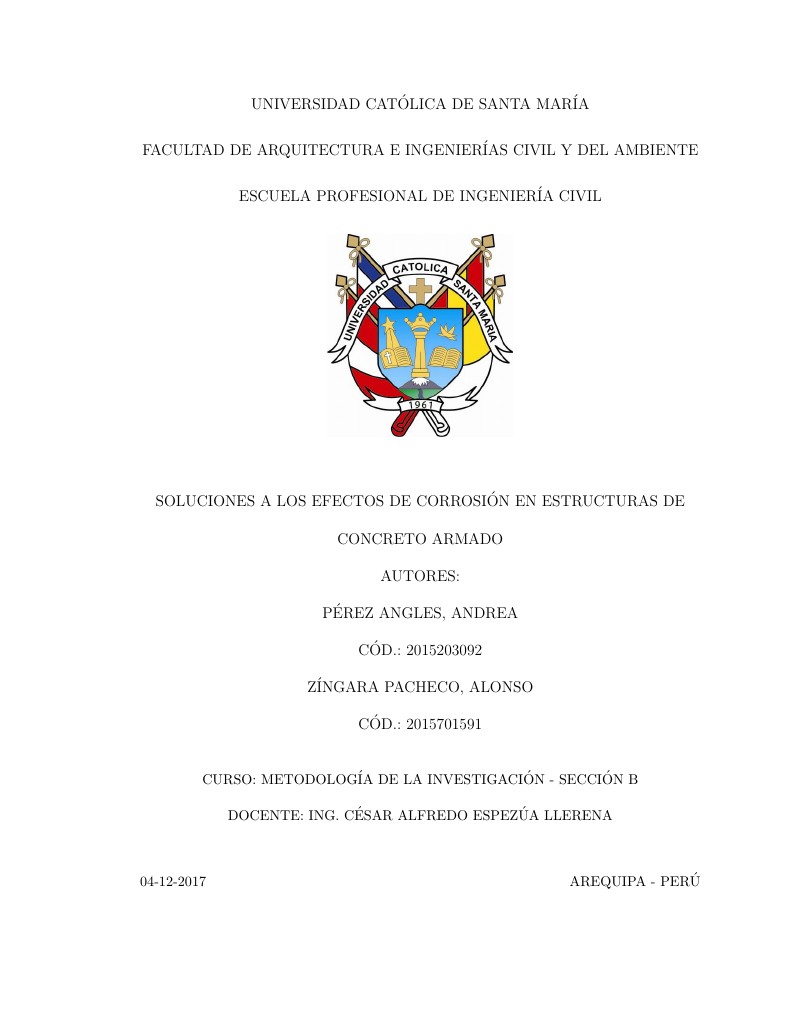
solucion es alos efectos decorrosión en estructuras de concreto armado
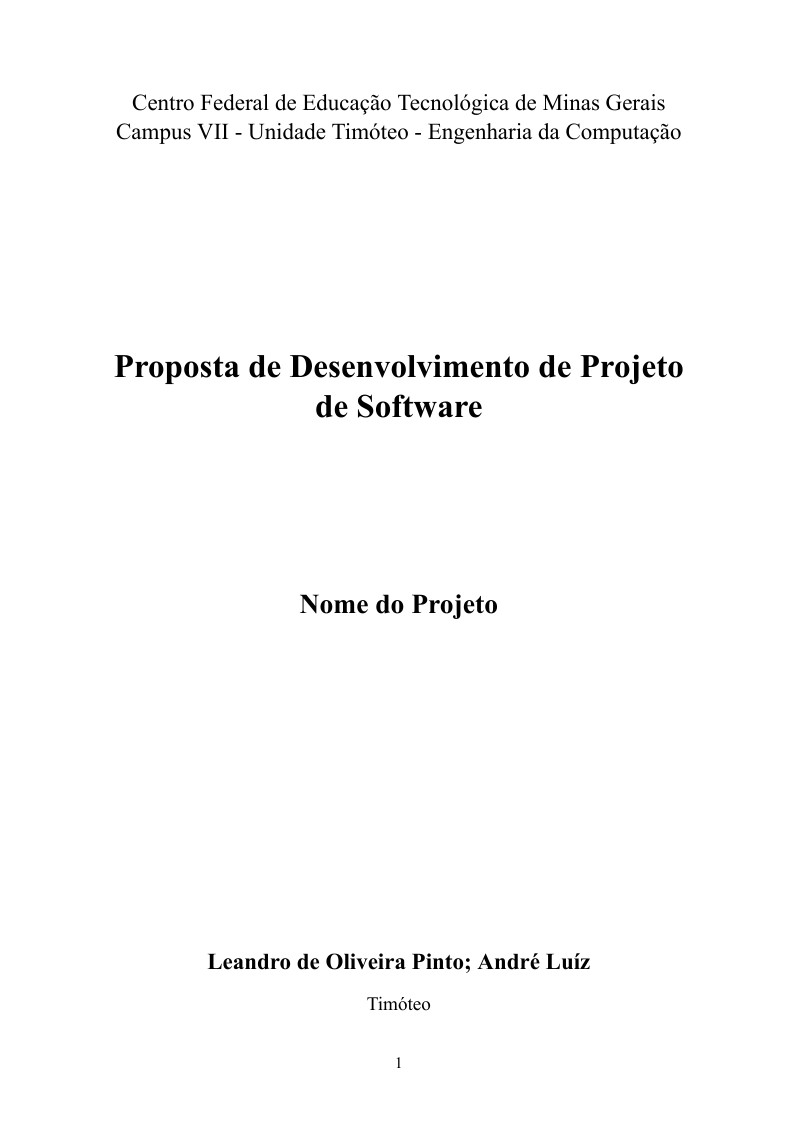
Modelo de proposta de desenvolvimento de software
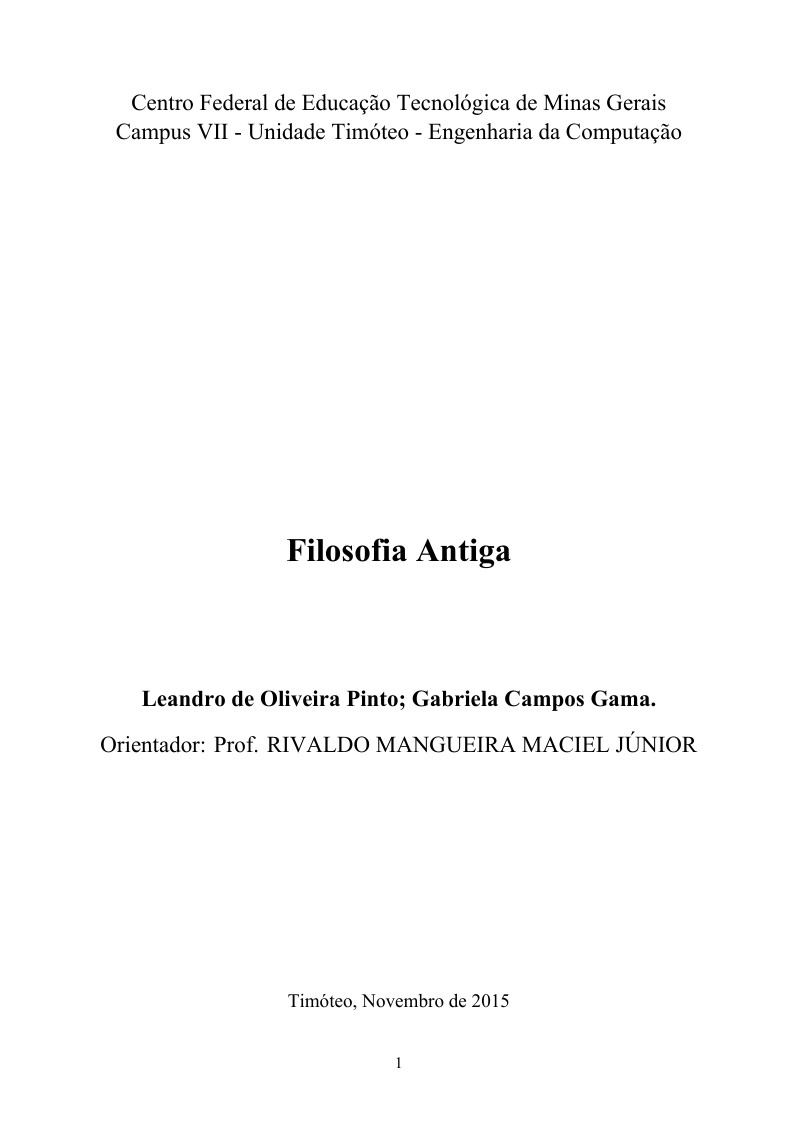
Artigo de pesquisa
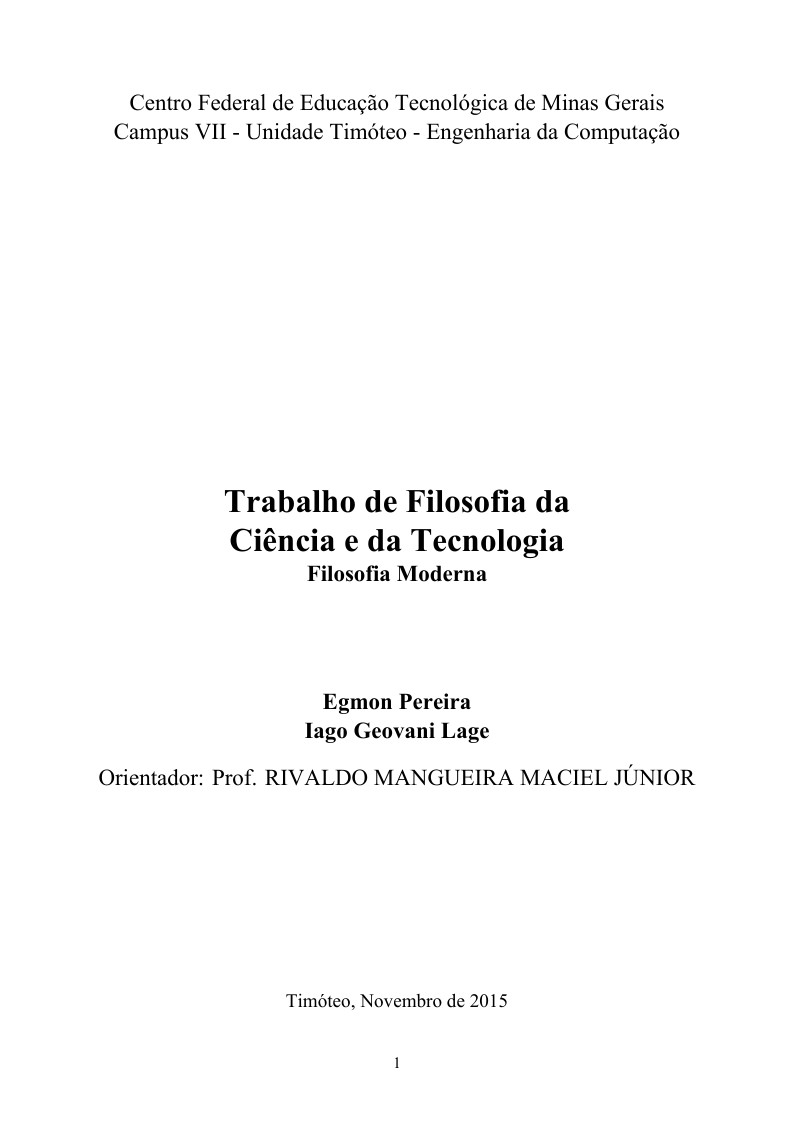
Report on Modern Philosophy
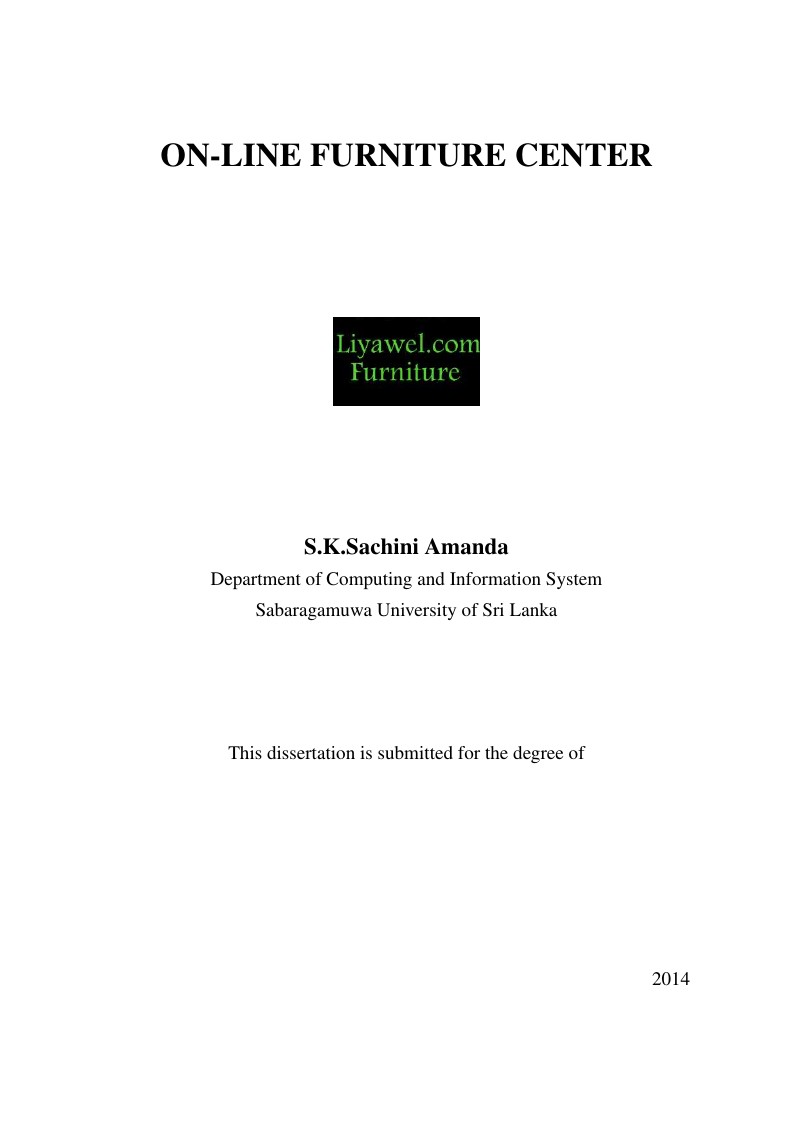
Dissertation.
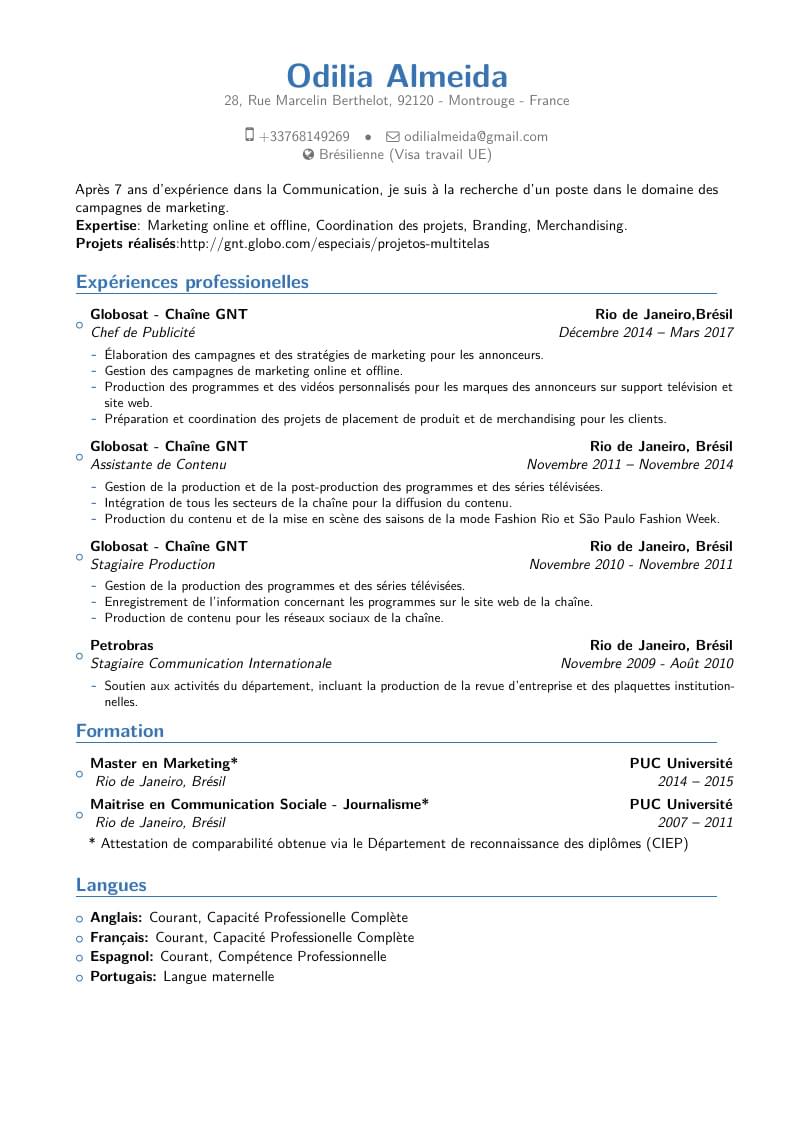
Odilia Almeida's CV
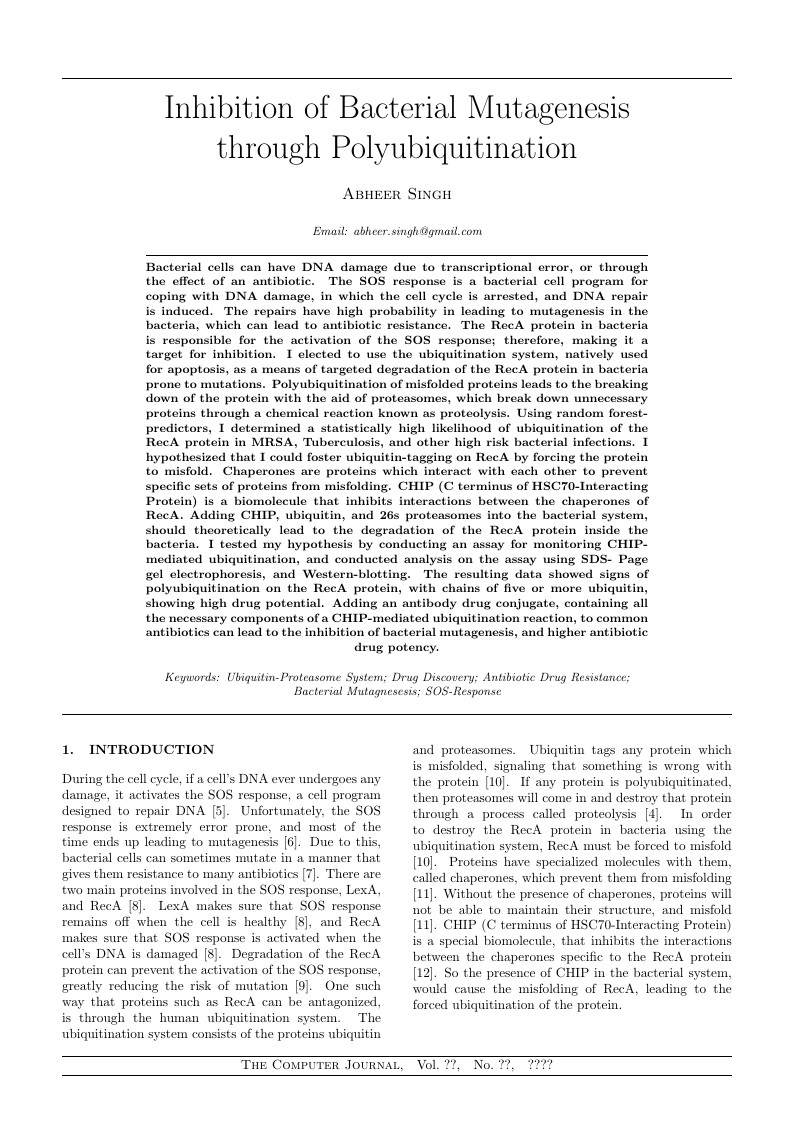
Bacterial cells can have DNA damage due to transcriptional error, or through the effect of an antibiotic. The SOS response is a bacterial cell program for coping with DNA damage, in which the cell cycle is arrested, and DNA repair is induced. The repairs have high probability in leading to mutagenesis in the bacteria, which can lead to antibiotic resistance. The RecA protein in bacteria is responsible for the activation of the SOS response; therefore, making it a target for inhibition. I elected to use the ubiquitination system, natively used for apoptosis, as a means of targeted degradation of the RecA protein in bacteria prone to mutations. Polyubiquitination of misfolded proteins leads to the breaking down of the protein with the aid of proteasomes, which break down unnecessary proteins through a chemical reaction known as proteolysis. Using random forest-predictors, I determined a statistically high likelihood of ubiquitination of the RecA protein in MRSA, Tuberculosis, and other high risk bacterial infections. I hypothesized that I could foster ubiquitin-tagging on RecA by forcing the protein to misfold. Chaperones are proteins which interact with each other to prevent specific sets of proteins from misfolding. CHIP (C terminus of HSC70-Interacting Protein) is a biomolecule that inhibits interactions between the chaperones of RecA. Adding CHIP, ubiquitin, and 26s proteasomes into the bacterial system, should theoretically lead to the degradation of the RecA protein inside the bacteria. I tested my hypothesis by conducting an assay for monitoring CHIP-mediated ubiquitination, and conducted analysis on the assay using SDS- Page gel electrophoresis, and Western-blotting. The resulting data showed signs of polyubiquitination on the RecA protein, with chains of five or more ubiquitin, showing high drug potential. Adding an antibody drug conjugate, containing all the necessary components of a CHIP-mediated ubiquitination reaction, to common antibiotics can lead to the inhibition of bacterial mutagenesis, and higher antibiotic drug potency.
\begin
Discover why over 25 million people worldwide trust Overleaf with their work.
